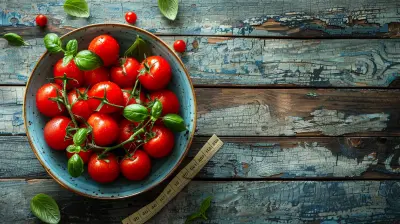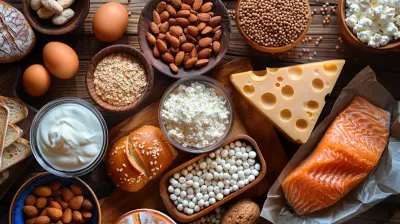How Organic Foods Support Sustainable Living
27 July 2025
Sustainability isn't just a buzzword—it's a necessity. With climate change, food insecurity, and environmental degradation on the rise, people are searching for ways to live more sustainably. One of the simplest but most impactful choices we can make? Switching to organic foods.
But how exactly do organic foods support sustainable living? Let’s break it down and uncover why going organic isn’t just good for your health but also for the planet.
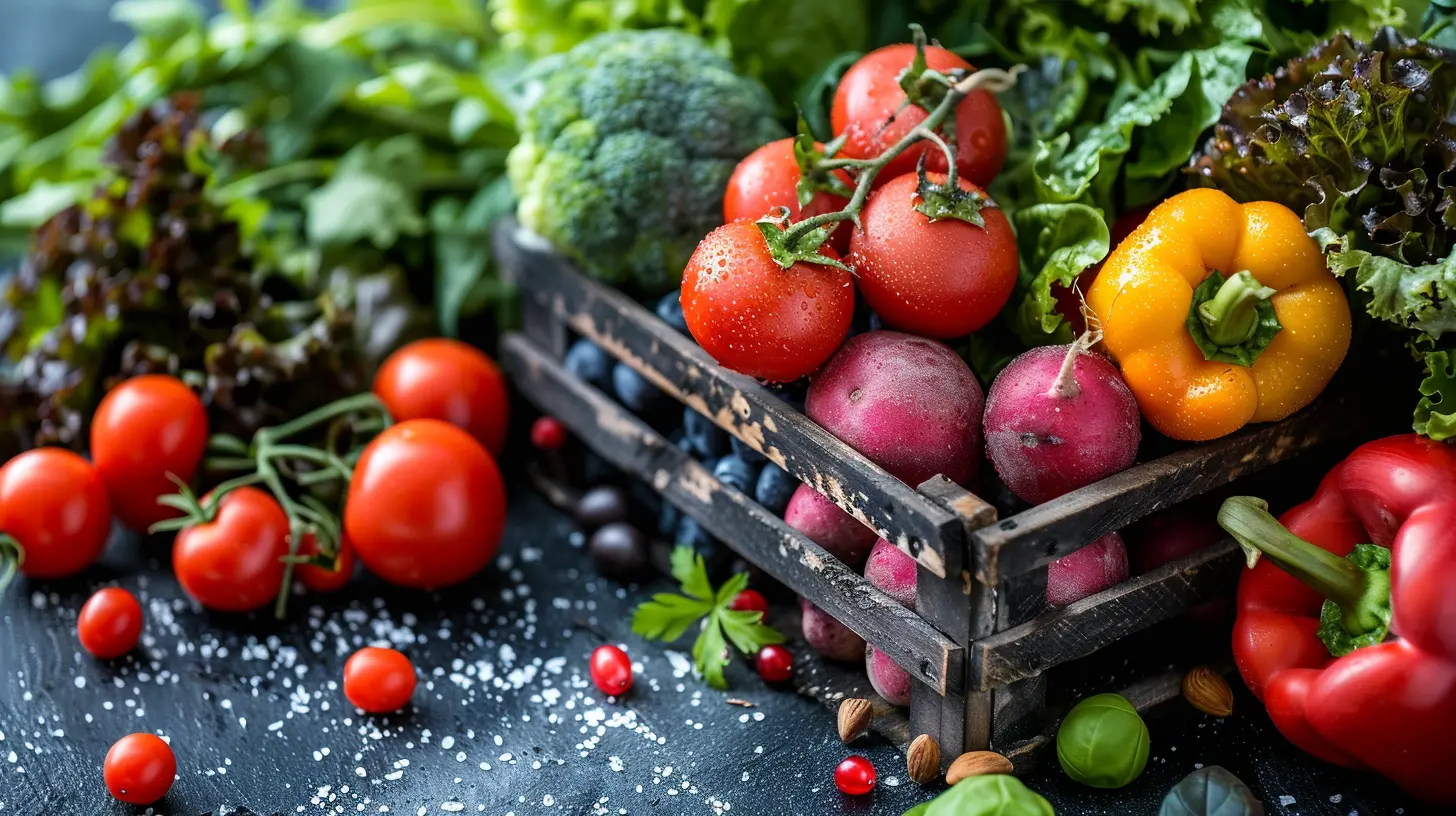
What Are Organic Foods?
Before we get into sustainability, let’s clarify what "organic" really means. Organic foods are grown and processed without synthetic pesticides, herbicides, genetically modified organisms (GMOs), or artificial fertilizers. Organic farming also bans the use of antibiotics and growth hormones in livestock.In short, organic food is as natural as it gets—free from harmful chemicals that can harm both humans and the environment.
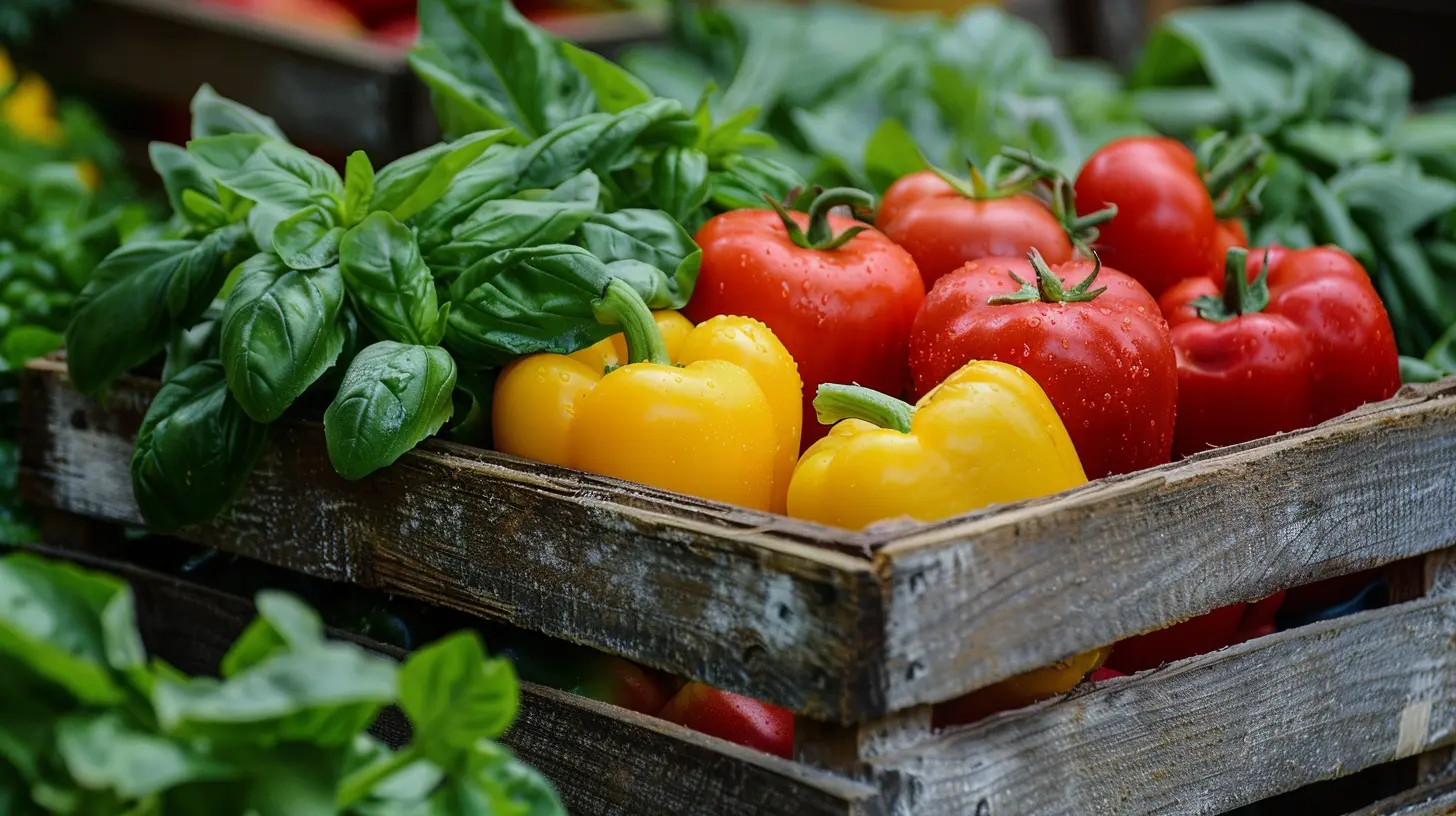
How Organic Farming Supports Environmental Sustainability
Sustainability is all about meeting our needs without compromising future generations. Organic farming plays a crucial role in this effort in multiple ways:1. Reduces Pollution and Chemical Runoff
Conventional farming relies heavily on synthetic fertilizers and pesticides, which often seep into nearby water sources. This runoff contaminates rivers, lakes, and even drinking water supplies, harming aquatic ecosystems and human health.Organic farming, on the other hand, eliminates these harmful chemicals, reducing pollution and keeping water sources clean.
2. Preserves Soil Health
Healthy soil is the foundation of sustainable agriculture. Unfortunately, conventional farming depletes soil nutrients through overuse of chemical fertilizers and monocropping (growing the same crop repeatedly).Organic farming uses crop rotation, composting, and natural fertilizers, which help maintain soil fertility and prevent degradation. The result? Rich, nutrient-dense soil that can support farming for generations.
3. Promotes Biodiversity
A sustainable food system relies on biodiversity. When only one type of crop is cultivated repeatedly (as seen in conventional farming), ecosystems suffer. Pests become more resistant to pesticides, and beneficial insects like bees and butterflies lose their habitats.Organic farms encourage biodiversity by planting a variety of crops, reducing the need for chemical pesticides, and creating habitats that support wildlife. More biodiversity means healthier ecosystems and more resilient food systems.
4. Lowers Carbon Footprint
Did you know that agriculture is one of the biggest contributors to greenhouse gas emissions? Conventional farming relies on fossil fuels for synthetic fertilizers and pesticides, which release harmful emissions into the atmosphere.Organic farming minimizes these emissions by avoiding chemical inputs, using crop diversity, and adopting eco-friendly farming practices. Many organic farms also prioritize carbon sequestration—capturing and storing carbon in soil to combat climate change.
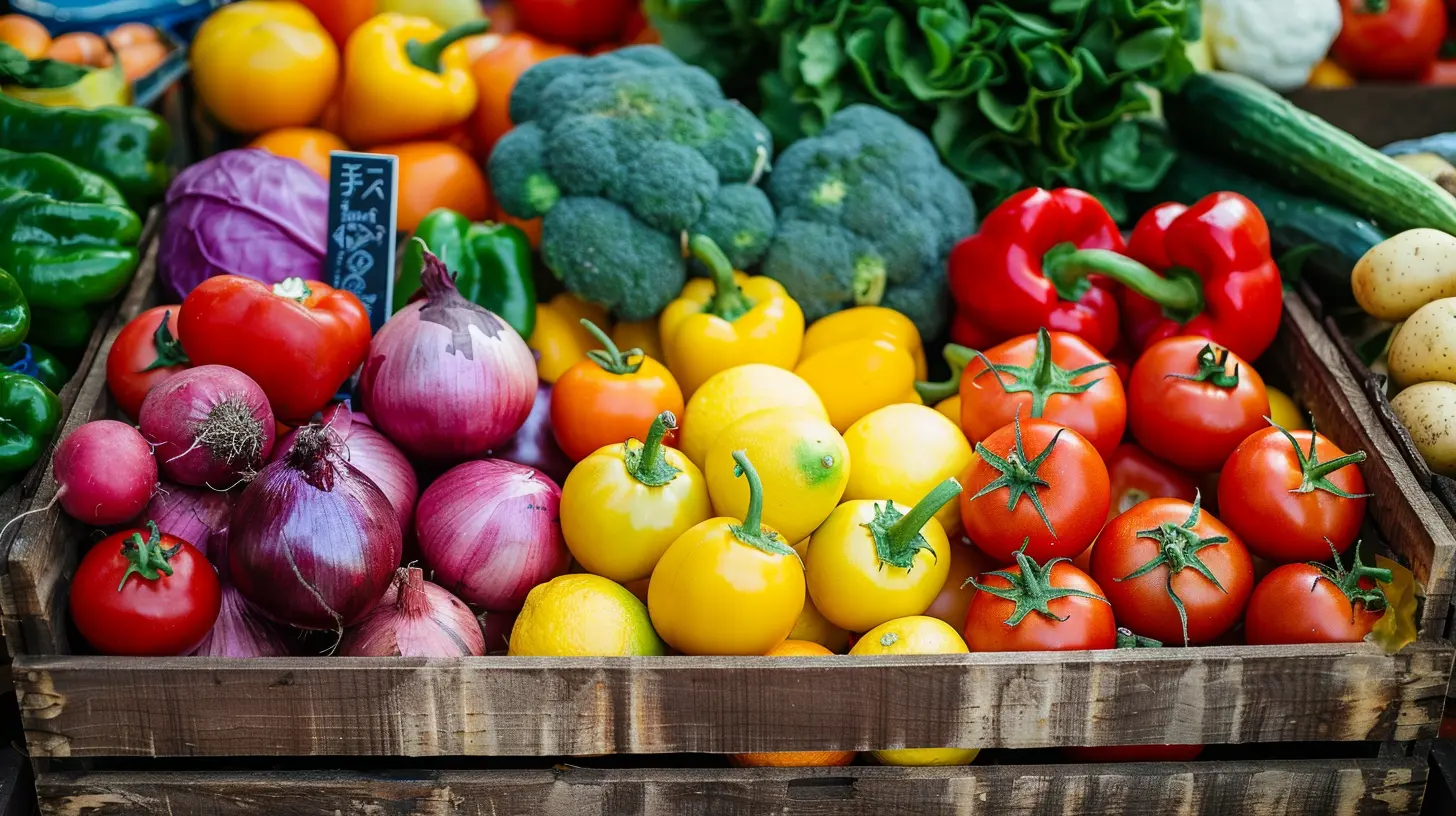
The Health Benefits of Organic Foods
Sustainability isn't just about caring for the planet; it's also about taking care of ourselves. Eating organic foods can have several health benefits, including:1. Fewer Harmful Chemicals and Pesticides
Organic foods contain significantly lower levels of synthetic pesticides and herbicides. Since these chemicals have been linked to various health issues such as hormone disruption, neurological problems, and even cancer, consuming organic foods means reducing our exposure to potential toxins.2. Higher Nutrient Content
Several studies suggest that organic fruits and vegetables have higher levels of essential nutrients like vitamins, minerals, and antioxidants. Antioxidants help protect your body from oxidative stress, which can lead to chronic diseases such as heart disease and cancer.3. No Antibiotics or Synthetic Hormones
Livestock raised in conventional farms often receive antibiotics and growth hormones to accelerate growth and prevent disease. However, this practice contributes to antibiotic resistance, a major global health crisis.Organic meat and dairy come from animals that are raised without synthetic hormones or antibiotics, making them a healthier choice for consumption.
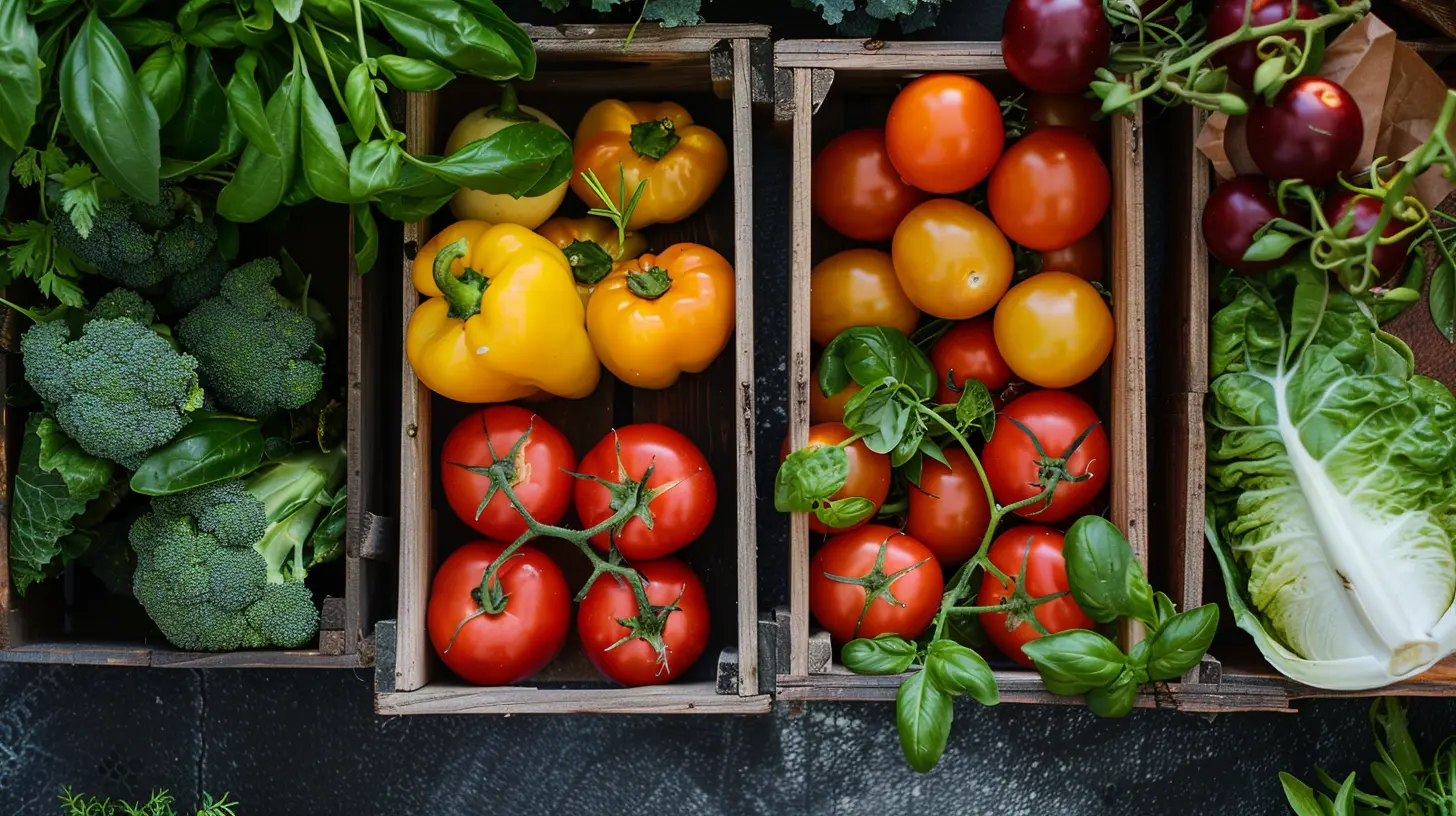
The Economic and Social Impact of Organic Foods
Apart from environmental and health benefits, choosing organic foods can also foster economic and social sustainability.1. Supports Local Farmers and Communities
Many organic farms are small-scale operations that prioritize ethical farming practices. By choosing organic, you're supporting local farmers who treat their land, crops, and livestock with care. This, in turn, strengthens local economies and promotes fair labor practices.2. Encourages Ethical Treatment of Animals
Sustainability extends beyond plants—it also includes ethical animal farming. Organic livestock farming ensures animals have access to pasture, are fed organic feed, and live in humane conditions. This reduces animal suffering and promotes ethical food production.3. Reduces Healthcare Costs in the Long Run
By eating organic and avoiding harmful chemicals, people may experience better overall health, potentially lowering the risk of chronic diseases. Fewer health issues mean lower medical expenses, leading to long-term savings both on a personal and societal level.Debunking Myths About Organic Foods
Despite the many benefits, some people hesitate to switch to organic foods due to common misconceptions. Let’s address a few:1. Organic Food Is Too Expensive
Yes, organic food often costs more than conventional food. However, consider the bigger picture: lower healthcare costs, reduced environmental damage, and better long-term sustainability. Plus, shopping at local farmers’ markets and buying in bulk can make organic eating more affordable.2. Organic Farming Can’t Feed the World
Some argue that organic farms can’t produce as much food as conventional farms. While organic yields may be slightly lower, they are more sustainable in the long run. Conventional farming depletes soil nutrients and relies on synthetic chemicals—practices that aren't viable forever.Moreover, reducing food waste and improving distribution systems would significantly help feed the population without solely relying on conventional agriculture.
3. There’s No Real Difference Between Organic and Non-Organic Food
This claim is simply not true. Organic foods are free from synthetic pesticides, contain fewer additives, and often have higher nutritional value. Additionally, they contribute to environmental and social sustainability.
How You Can Incorporate Organic Foods into Your Lifestyle
Switching to a fully organic diet might seem overwhelming, but small changes can make a big difference. Here’s how you can start:1. Prioritize Organic for the "Dirty Dozen"
The Environmental Working Group (EWG) releases an annual list of fruits and vegetables with the highest pesticide residues, known as the "Dirty Dozen." Prioritizing organic versions of these specific foods can help reduce pesticide exposure.2. Shop at Local Farmers’ Markets
Buying from local organic farmers supports sustainable agriculture while ensuring you get fresh, seasonal produce. Farmers’ markets often offer better prices than grocery stores, making organic shopping more budget-friendly.3. Grow Your Own Organic Food
If you have space, growing your own organic vegetables and herbs is one of the best ways to ensure fresh, chemical-free food. Even a small backyard garden or indoor herb pots can make a difference.4. Choose Organic Dairy and Meat When Possible
If buying all organic foods isn't doable, consider prioritizing organic dairy, eggs, and meat. These products typically contain higher levels of omega-3s and fewer harmful additives than conventionally raised alternatives.Conclusion
Living sustainably isn’t as complicated as it seems. By choosing organic foods, you’re making a positive impact on your health, the environment, and society.From reducing harmful pesticides to supporting ethical farming, organic food is more than just a trend—it’s a step toward a more sustainable future. So next time you’re grocery shopping, think about the bigger picture. A small change in your diet today can create a healthier world for future generations.
all images in this post were generated using AI tools
Category:
Organic FoodsAuthor:

Laurie Barlow
Discussion
rate this article
1 comments
Corinne O'Neal
Choose organic, nurture health, embrace sustainability!
August 17, 2025 at 5:01 AM

Laurie Barlow
Thank you for your thoughtful comment! Choosing organic truly is a vital step towards better health and a more sustainable future.
